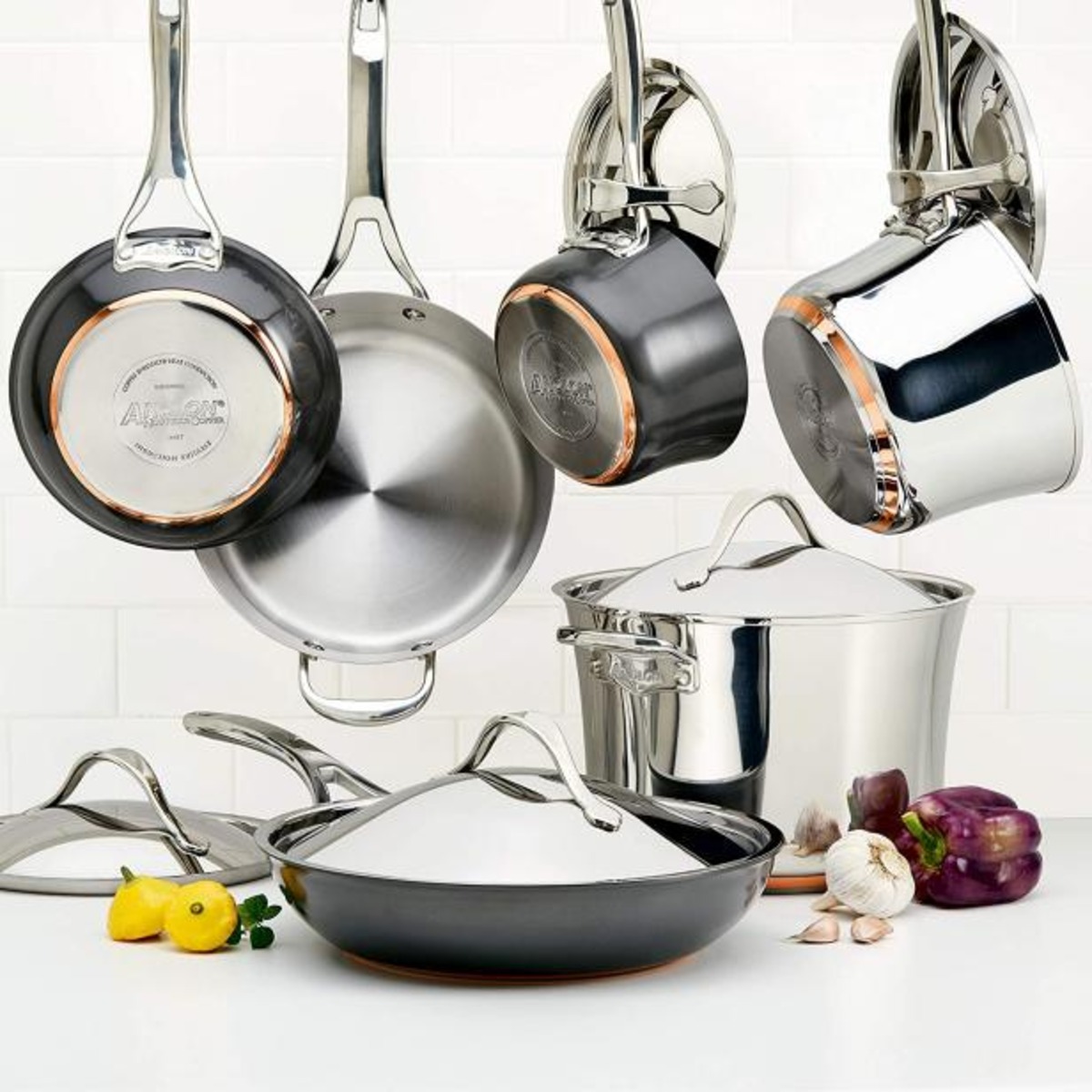

Articles
What Kind Of Pots For Glass Cooktop
Modified: October 29, 2024
Find the perfect pots for your glass cooktop with our informative articles. Get tips on choosing the right pots to avoid damaging your cooktop
(Many of the links in this article redirect to a specific reviewed product. Your purchase of these products through affiliate links helps to generate commission for Storables.com, at no extra cost. Learn more)
Introduction
A glass cooktop, also known as a ceramic glass cooktop, is a sleek and modern addition to any kitchen. It offers a smooth and flat surface that is easy to clean and provides a seamless look to the overall design. While a glass cooktop is visually appealing and efficient, it does require some special considerations when it comes to choosing the right pots and cookware to use on it.
In this article, we will discuss the importance of using the appropriate pots for glass cooktops and explore the various factors to consider when selecting them. We will also delve into the types of cookware that are suitable for glass cooktops and highlight the ones that should be avoided. Furthermore, we will provide some maintenance tips to help you keep your pots and glass cooktop in excellent condition.
Using the correct pots and cookware on a glass cooktop is essential to ensure efficient cooking, prevent damage to the surface, and maintain the longevity of both the cookware and the cooktop. Let’s dive into the details and discover the benefits of using the right pots for glass cooktops.
Key Takeaways:
- Choosing the right pots for your glass cooktop ensures efficient cooking, prevents damage, and enhances safety. Consider factors like flat bottoms, proper fit, and compatible materials for optimal performance and longevity.
- Maintenance is key to preserving your pots and glass cooktop. Clean pots regularly, avoid dragging them, and follow manufacturer’s guidelines for care. This ensures a seamless cooking experience and extends the lifespan of your cookware.
Read more: What Kind Of Meat For Hot Pot
Benefits of using the appropriate pots for glass cooktops
Using the right pots and cookware on a glass cooktop offers several benefits. Let’s explore some of the key advantages:
- Efficient heat transfer: Glass cooktops rely on direct heat transfer between the cookware and the surface. Using pots specifically designed for glass cooktops ensures optimal heat distribution and faster cooking times. This efficiency not only saves you time in the kitchen but also reduces energy consumption.
- Prevention of scratches and damage: Glass cooktops are susceptible to scratches and damage caused by using the wrong pots. By using cookware that is compatible with glass cooktops, you minimize the risk of scratches, which can mar the sleek appearance of the surface. Smooth-bottomed pots with flat bases provide even support and reduce the chance of scratching the glass.
- Improved safety: The use of appropriate pots on a glass cooktop enhances safety in the kitchen. Cookware that matches the size of the burner prevents uneven heating and reduces the chance of accidents caused by pots tipping over. Additionally, pots with sturdy handles and secure lids help prevent spills and potential burns.
- Easier cleaning: Glass cooktops are notorious for attracting spills and stains. Using the right pots can make cleaning a breeze. Cookware that fits snugly on the burner reduces the likelihood of spills dripping onto the surface. Additionally, pots with non-stick coatings or easy-to-clean materials make it easier to wipe away any residue or splatters.
- Durability: Using the appropriate pots and cookware on a glass cooktop helps to prolong the life of both the cooktop and the pots themselves. By preventing scratches and damage, you can ensure that your glass cooktop continues to function properly for years to come, while your pots remain in excellent condition.
Now that we understand the benefits of using the right pots for glass cooktops, let’s delve into the factors you should consider when selecting them.
Factors to consider when choosing pots for glass cooktops
When selecting pots for your glass cooktop, there are several important factors to keep in mind. These factors will ensure that you choose cookware that is safe, efficient, and compatible with your glass cooktop. Here are the key considerations:
- Flat and smooth bottom: Look for pots and pans with flat and smooth bottoms. This provides maximum contact with the glass surface, ensuring efficient heat transfer and even cooking. Avoid cookware with ridges, rough surfaces, or warped bottoms, as they can cause hot spots and damage to the glass cooktop.
- Size and fit: Choose pots that match the size of the burner on your glass cooktop. Using oversized pots that extend beyond the burner can lead to heat loss and uneven cooking. Conversely, pots that are too small for the burner may not distribute heat evenly. Ensure a proper fit to optimize cooking performance and prevent accidents.
- Weight: Consider the weight of the pots. While heavy-bottomed pans can provide better heat distribution, they can also be burdensome to lift and move. On the other hand, extremely lightweight pots may not provide sufficient heat transfer. Find a balance that suits your cooking needs and preferences.
- Material: Choose pots made from materials that are compatible with glass cooktops. Stainless steel, copper, and aluminum are excellent choices as they heat up quickly and distribute heat evenly. Avoid cookware made from materials that can scratch or damage the glass surface, such as cast iron or stoneware.
- Handles: Opt for pots with sturdy and heat-resistant handles. Make sure the handles are securely attached and won’t become loose during cooking. Heat-resistant handles will prevent burns and allow for safer handling of hot pots.
- Lids: Look for pots that come with well-fitting lids. A properly fitting lid helps to retain heat and moisture, allowing for more efficient cooking. Additionally, lids that are made from tempered glass or stainless steel will prevent the glass cooktop from being damaged due to excessive heat.
- Induction compatibility: If your glass cooktop has induction capabilities, ensure that the pots you choose are induction-compatible. Induction cooktops require pots that have a magnetic base to generate heat. Look for the induction symbol or check with the manufacturer if you are unsure.
By considering these important factors, you can select pots that are well-suited for your glass cooktop, ensuring both optimal cooking performance and a longer lifespan for your cookware and cooktop.
Types of cookware suitable for glass cooktops
When it comes to selecting cookware for your glass cooktop, there are several options that are deemed suitable and safe to use. These types of cookware ensure efficient heat transfer, even cooking, and minimize the risk of scratching or damaging the glass surface. Let’s explore the cookware options that are recommended for glass cooktops:
- Stainless steel: Stainless steel cookware is an excellent choice for glass cooktops. It is durable, heats up quickly, and provides even heat distribution. Look for pots with a heavy bottom that offers good heat retention. Stainless steel cookware is also resistant to staining and corrosion, making it a long-lasting option.
- Aluminum: Aluminum cookware is lightweight and conducts heat efficiently. Look for pots with an encapsulated base or a layer of stainless steel on the bottom to prevent aluminum from coming into direct contact with the glass cooktop. This will help to avoid any potential reactions between the aluminum and the glass surface.
- Copper: Copper cookware is known for its excellent heat conductivity. However, bare copper can leave undesirable marks on a glass cooktop. Opt for copper cookware with a stainless steel or ceramic coating to ensure compatibility with glass cooktops. This combination provides the benefits of copper’s superior heat distribution without harming the glass surface.
- Ceramic: Ceramic cookware is safe to use on glass cooktops as long as it has a smooth and flat bottom. Look for pots and pans with a ceramic-based non-stick coating for easy release and cleaning. Avoid ceramic cookware with rough or textured surfaces, as they can scratch the glass.
- Enamel-coated cast iron: While traditional cast iron cookware is not typically recommended for glass cooktops due to its weight and potential for scratching, enamel-coated cast iron is a suitable alternative. The enamel layer provides a smooth surface that protects the glass cooktop. Just ensure that there are no chips or cracks in the enamel coating.
- Glass: Glass cookware, such as Pyrex or tempered glass, can be used on glass cooktops. They provide great heat resistance, making them suitable for a variety of cooking tasks. However, ensure that the glass cookware is specifically designed for stovetop use and check the manufacturer’s instructions for safe usage on a glass cooktop.
These types of cookware are compatible with glass cooktops and offer the benefits of efficient heat transfer, even cooking, and reduced risk of damage. However, it’s essential to always refer to the manufacturer’s instructions and guidelines to ensure safe usage on your specific glass cooktop model.
Use flat-bottomed pots and pans with smooth, non-abrasive bottoms to prevent scratching the glass cooktop. Look for cookware made of materials like stainless steel, aluminum, or copper for best results. Avoid using cast iron or stoneware on glass cooktops.
Non-recommended cookware for glass cooktops
While there are several types of cookware that are suitable for glass cooktops, there are also certain types that are not recommended. These cookware options can potentially damage the glass surface or lead to inefficient cooking. Here are the non-recommended types of cookware for glass cooktops:
- Cast Iron: Traditional cast iron cookware is known for its exceptional heat retention and durability. However, it is not recommended for glass cooktops due to its weight and rough texture. The rough bottom of the cast iron can scratch the glass surface, and its weight can make it challenging to move or lift on the cooktop.
- Stone or Granite: Cookware made from stone, granite, or other similar materials is not suitable for glass cooktops. These types of cookware often have rough or uneven surfaces that can scratch the glass. They may also have poor heat conductivity, resulting in hot spots and uneven cooking.
- Ceramic with rough bottoms: While ceramic cookware with smooth bottoms is safe to use on glass cooktops, cookware with rough or textured bottoms should be avoided. The rough texture can scratch the glass surface, leading to permanent damage.
- Uncoated Copper: While copper cookware with a stainless steel or ceramic coating is acceptable for glass cooktops, uncoated copper cookware should be avoided. Bare copper has the potential to react with the glass surface and leave marks or stains.
- Glass with rough or textured bottoms: Glass cookware can be used on glass cooktops, but it is essential to ensure that it has a smooth and flat bottom. Glass cookware with rough or textured bottoms can scratch the glass surface, causing damage and compromising the effectiveness of the cooktop.
- Non-induction compatible cookware: If you have an induction glass cooktop, it is important to note that non-induction compatible cookware should not be used. Induction cooktops require cookware with a magnetic base to generate heat. Using non-induction compatible cookware can result in inefficient cooking and may damage the cooktop.
It is crucial to follow these guidelines and avoid using non-recommended cookware on your glass cooktop to prevent any potential damage or safety hazards. By selecting the appropriate cookware, you can ensure a seamless cooking experience while preserving the lifespan and appearance of your glass cooktop.
Read more: What Kind Of Glass Is A Windshield
Maintenance tips for pots used on glass cooktops
Proper maintenance of your pots used on a glass cooktop is essential for maintaining their performance and the longevity of your cookware. Here are some maintenance tips to keep in mind:
- Keep pots clean: Clean your pots regularly to prevent any food residue or stains from building up. Use mild dish soap and a non-abrasive sponge or cloth. Avoid using harsh scrubbers or abrasive cleaners that can scratch the surface of your pots.
- Avoid dragging pots: When moving pots on your glass cooktop, avoid dragging them as this can scratch the glass surface. Lift the pot instead and gently place it on a different burner or on a trivet or heat-resistant surface for cooling.
- Avoid using extreme heat: Avoid using excessive heat settings on your glass cooktop. High heat can cause pots to boil over, spatter, or damage the glass surface. Opt for medium to medium-high heat settings for most cooking tasks.
- Avoid sudden temperature changes: Do not expose hot pots to cold water or place them on cold surfaces immediately after cooking. The sudden temperature change may cause thermal shock and potentially crack or damage the pot.
- Use appropriate utensils: When cooking with pots on a glass cooktop, use utensils made of plastic, wood, silicone, or other non-metal materials to prevent scratching the pot’s surface. Metal utensils can leave marks and potentially damage the non-stick coating.
- Proper storage: Store your pots in a way that prevents them from banging against each other or against hard surfaces. Avoid stacking heavy pots on top of each other, as this can lead to scratches or dents. Consider using pot protectors or placing a soft cloth or paper towel between stacked pots to protect their surfaces.
- Regularly check for damage: Periodically inspect your pots for any signs of damage, such as loose handles, cracks, or chipped coatings. If you notice any issues, it’s advisable to discontinue use and replace the pot to prevent further damage or potential safety hazards.
- Refer to manufacturer’s guidelines: Always consult the manufacturer’s guidelines and instructions for specific care and maintenance recommendations for your pots. Different materials and brands may have specific requirements for cleaning and maintenance.
By following these maintenance tips, you can ensure that your pots remain in good condition and continue to provide optimal performance on your glass cooktop. Regular care and attention will help extend the lifespan of your pots and maintain the appearance and functionality of both the cookware and the cooktop.
Conclusion
Choosing the appropriate pots for your glass cooktop is crucial for efficient cooking, preventing damage to the cooktop, and maintaining the longevity of your cookware. By considering factors such as a flat and smooth bottom, size and fit, material, weight, handles, and lids, you can ensure that your pots are compatible with the glass cooktop and provide optimal cooking results.
Using pots that are suitable for glass cooktops offers numerous benefits, including efficient heat transfer, prevention of scratches and damage, improved safety, easier cleaning, and long-term durability. It also enhances the overall cooking experience and allows you to make the most of your glass cooktop’s capabilities.
While there are several types of cookware that are recommended for glass cooktops, it’s essential to be aware of the non-recommended options that can potentially damage the surface or lead to inefficient cooking. Avoid using cookware such as cast iron with rough bottoms, stone or granite, uncoated copper, and glass with textured surfaces.
Proper maintenance of your pots used on glass cooktops is also crucial. Regularly cleaning your pots, avoiding dragging them, using appropriate utensils, and following manufacturer’s guidelines for care and maintenance can help ensure their longevity and performance.
In conclusion, selecting the right pots for your glass cooktop, along with proper maintenance, will provide you with a seamless cooking experience, prolong the life of your cookware and the cooktop itself, and help you achieve delicious meals with ease and efficiency in your kitchen.
Frequently Asked Questions about What Kind Of Pots For Glass Cooktop
Was this page helpful?
At Storables.com, we guarantee accurate and reliable information. Our content, validated by Expert Board Contributors, is crafted following stringent Editorial Policies. We're committed to providing you with well-researched, expert-backed insights for all your informational needs.
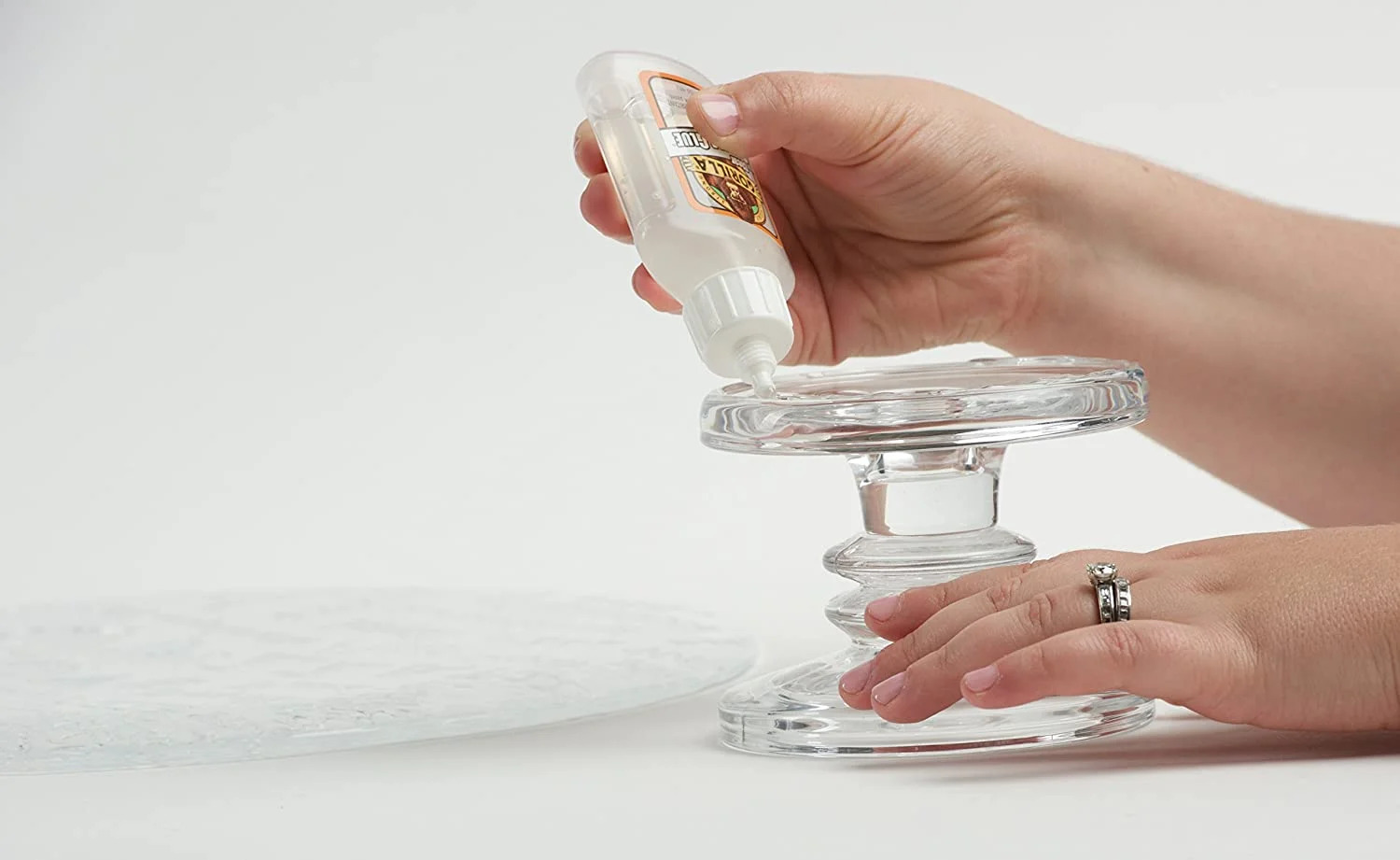
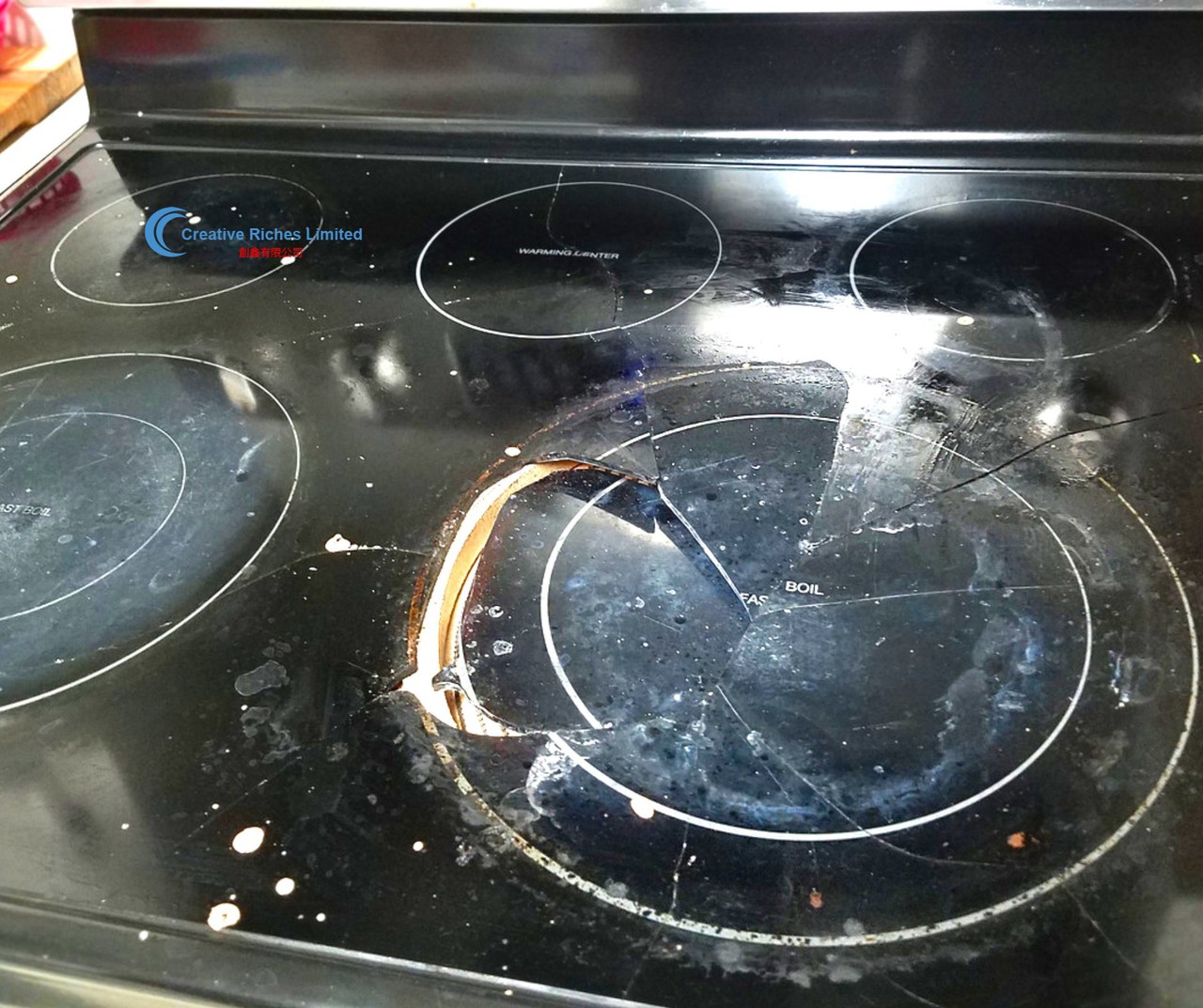
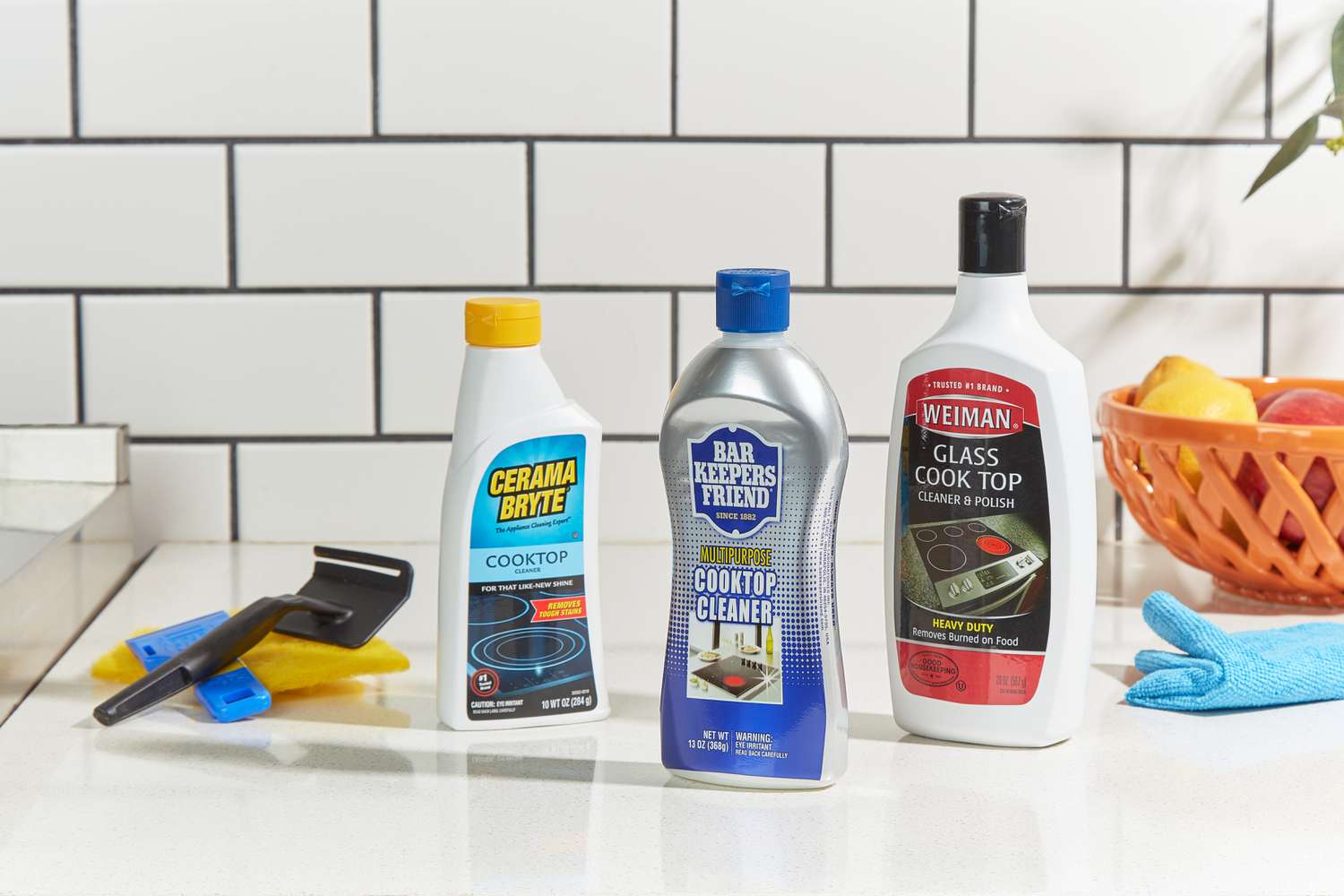
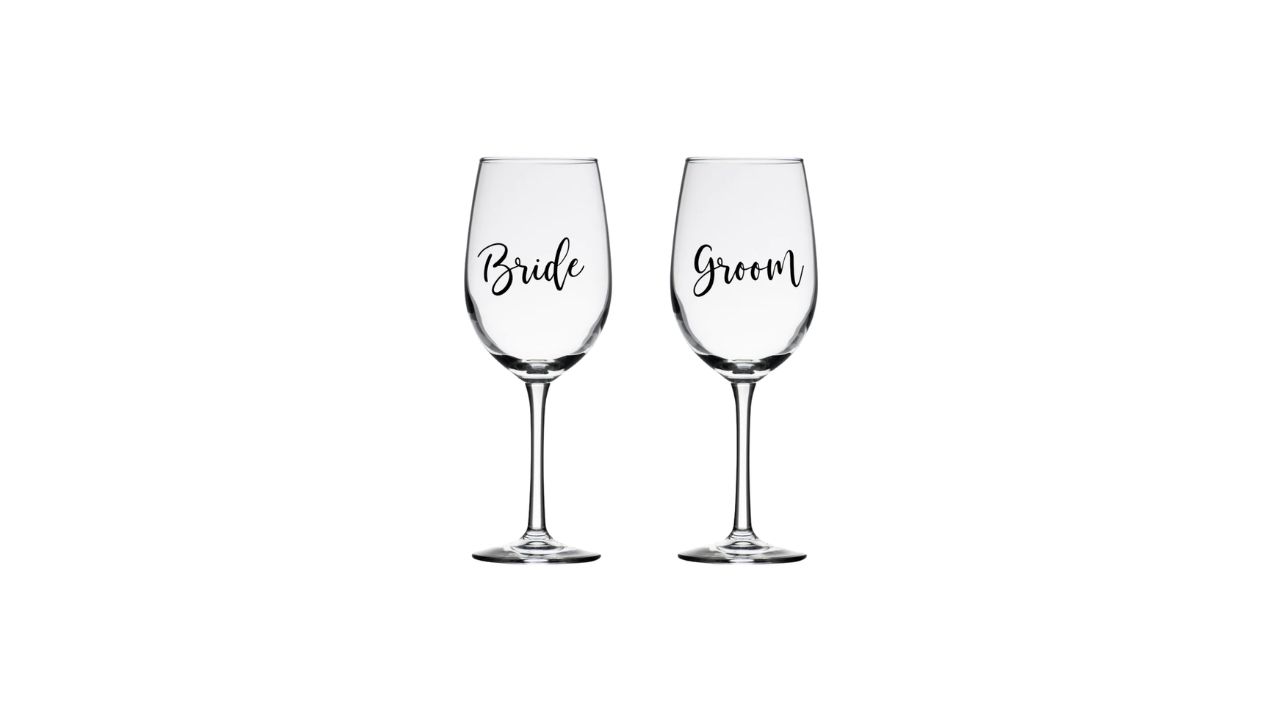
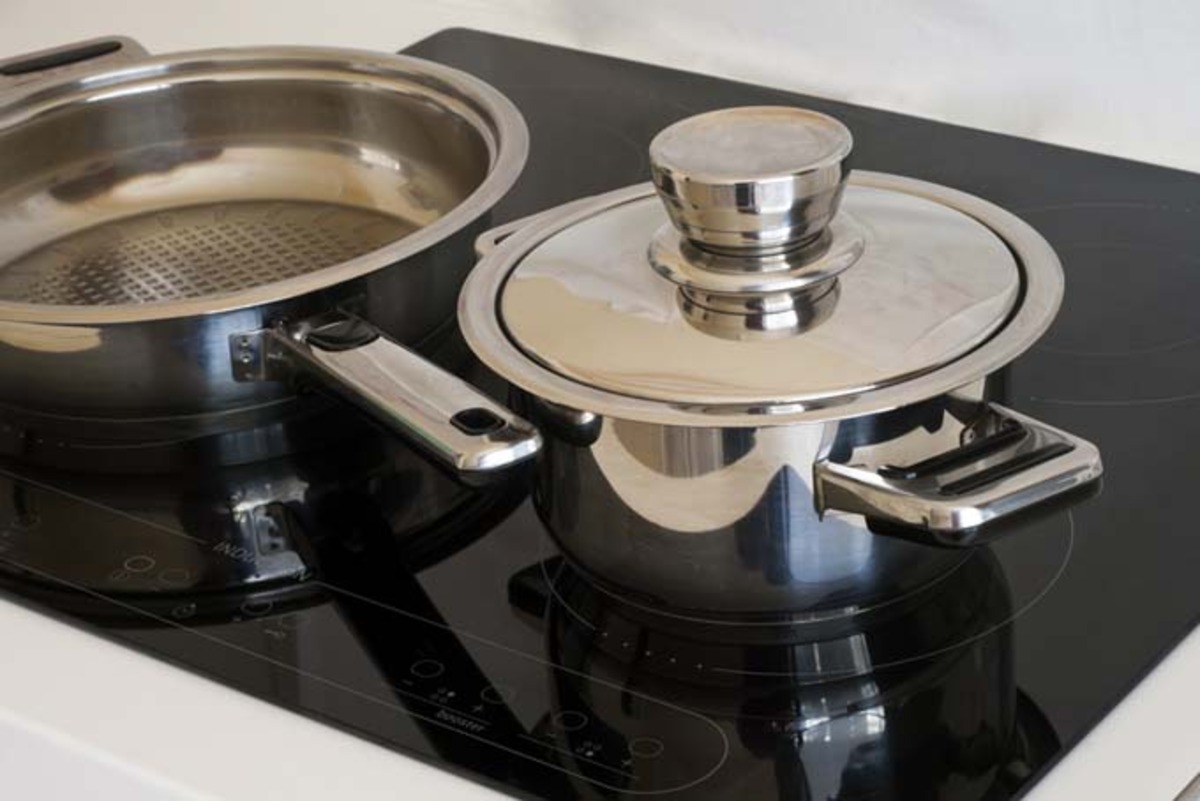
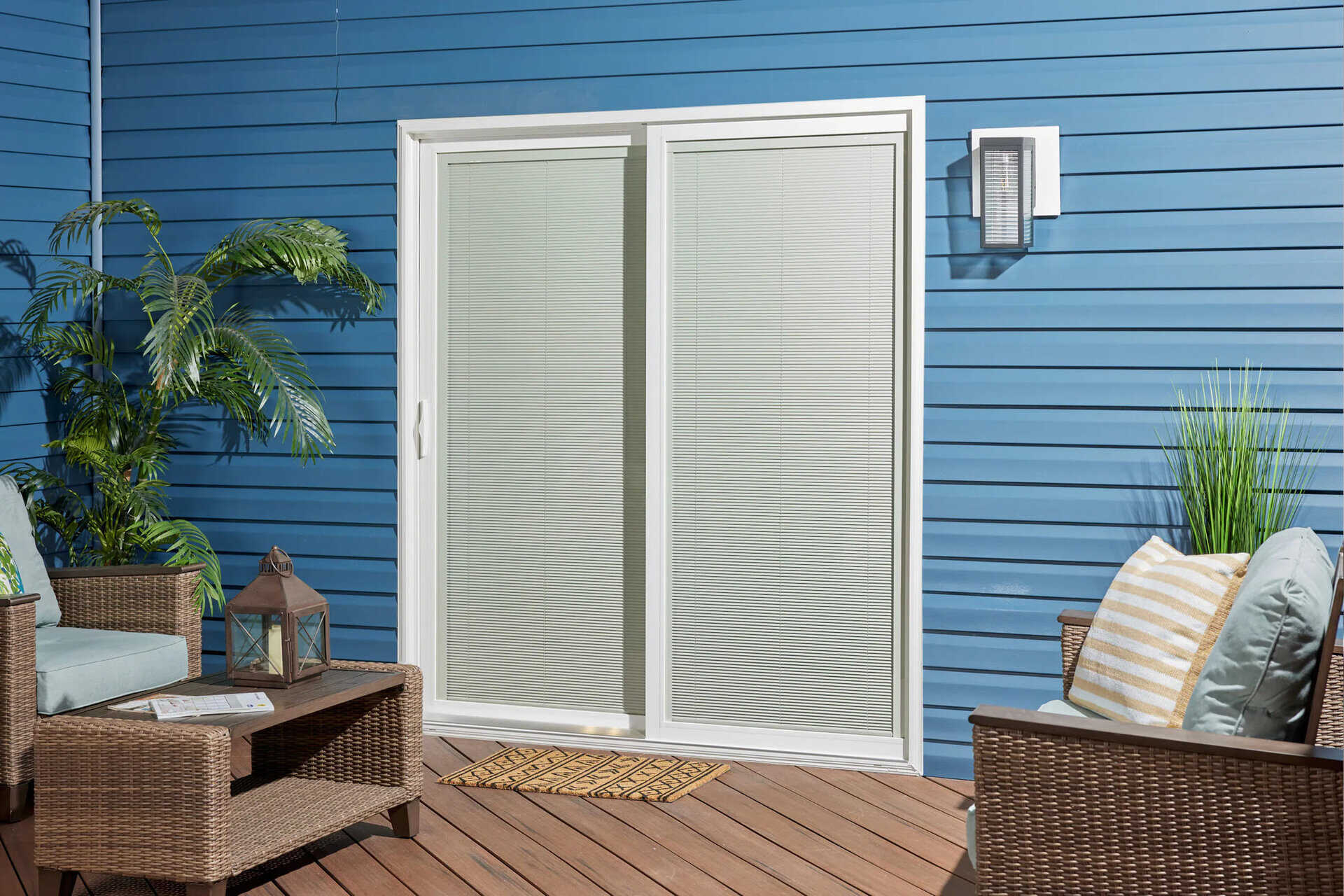
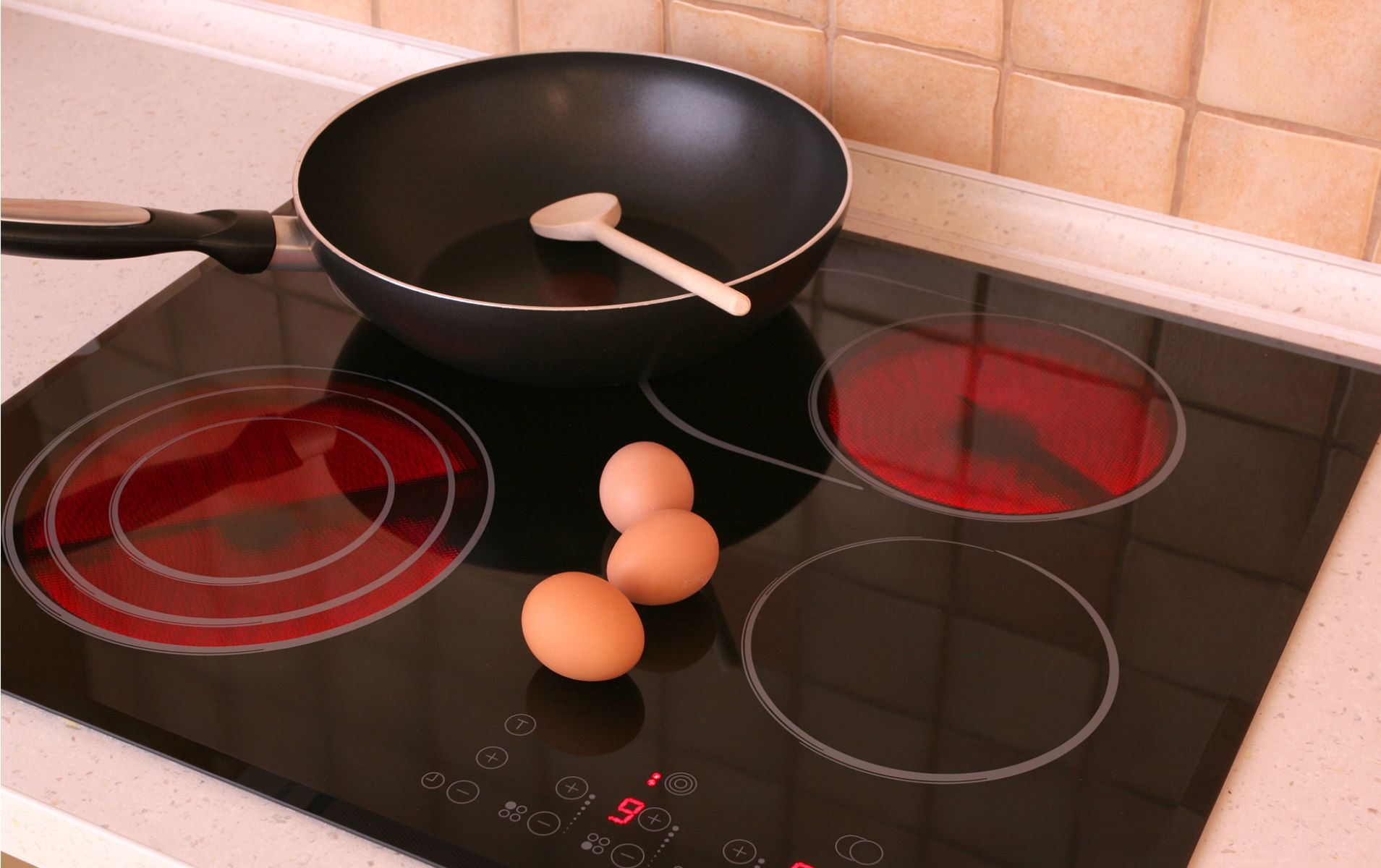
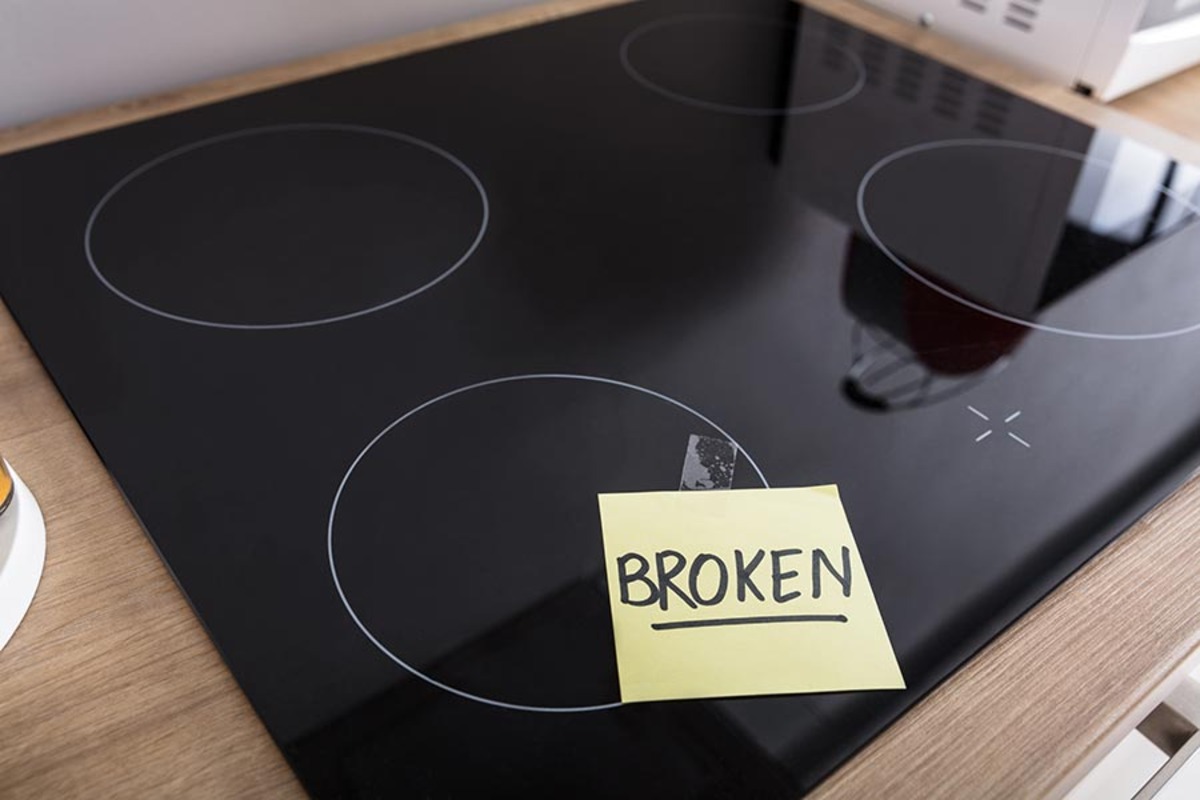
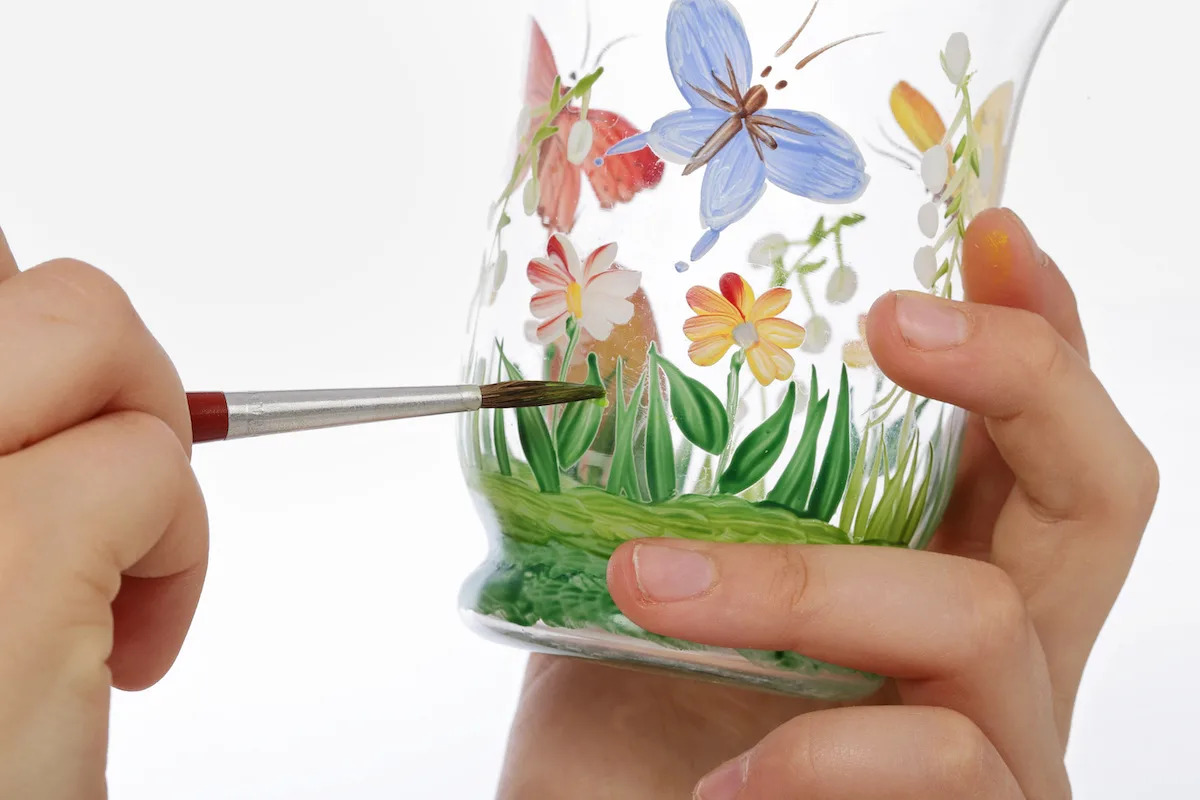
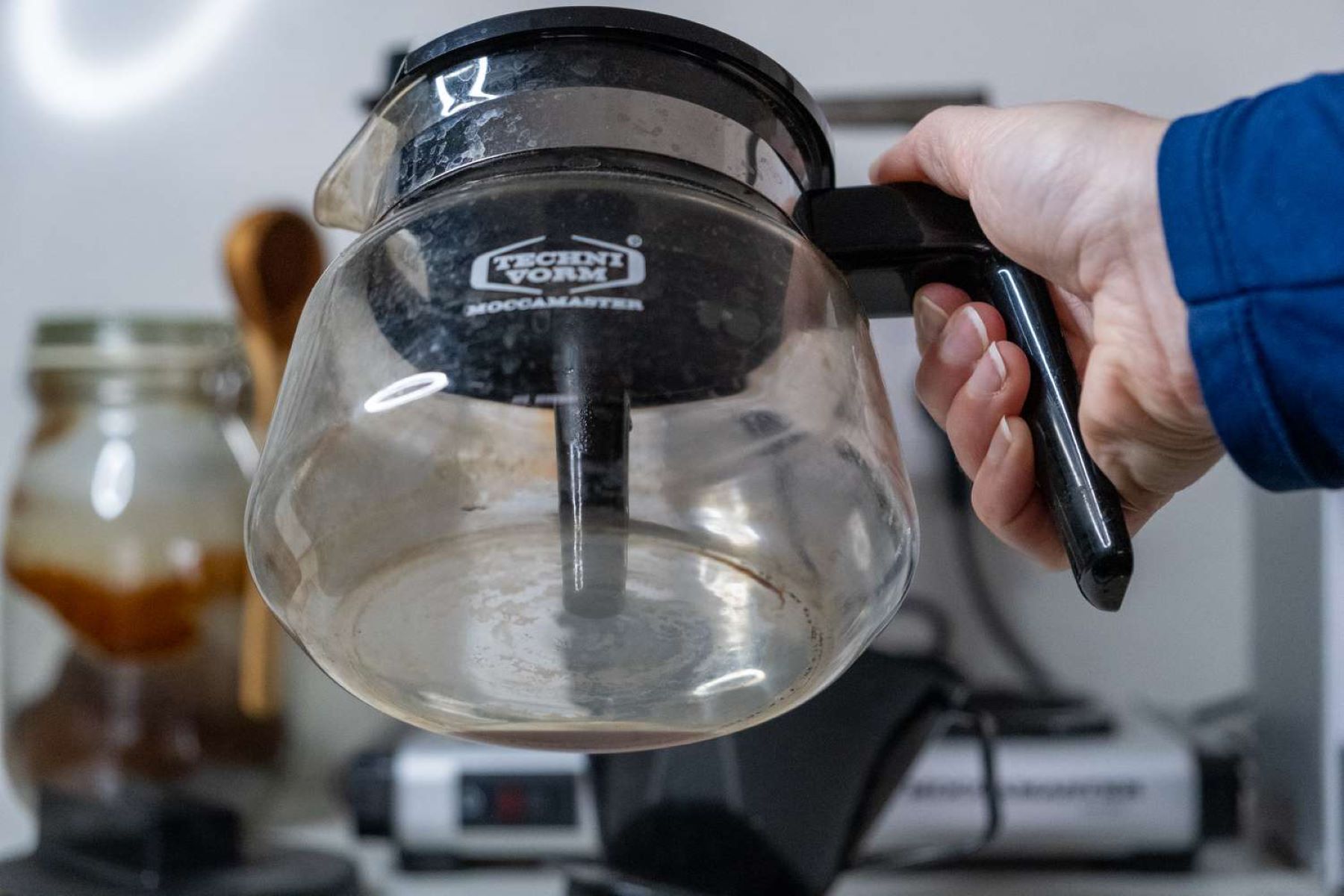
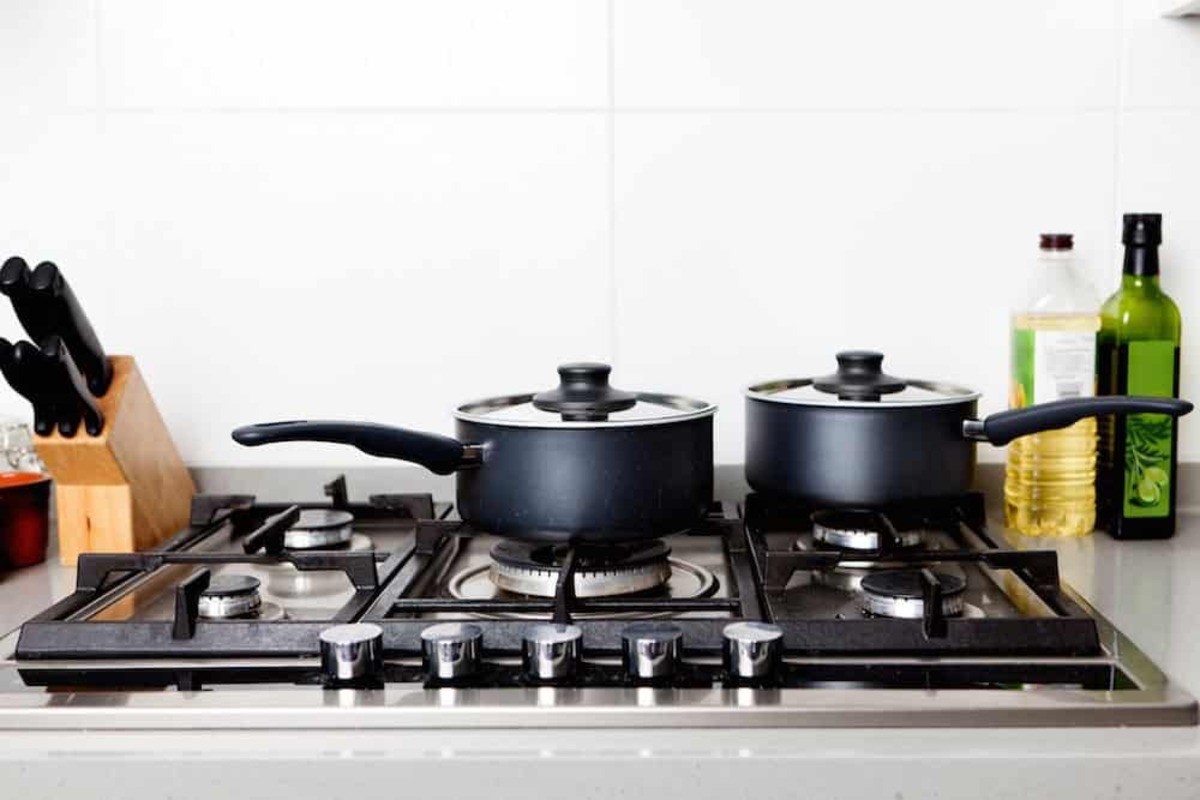
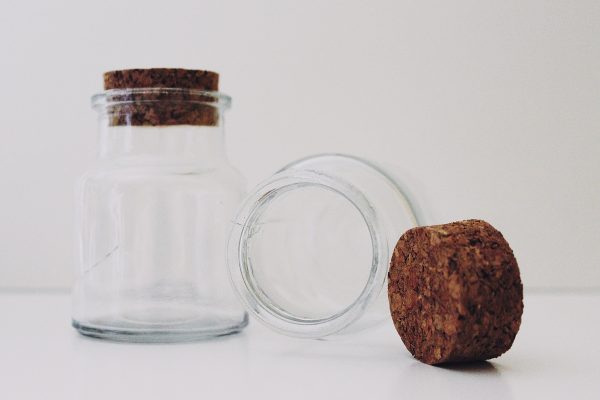
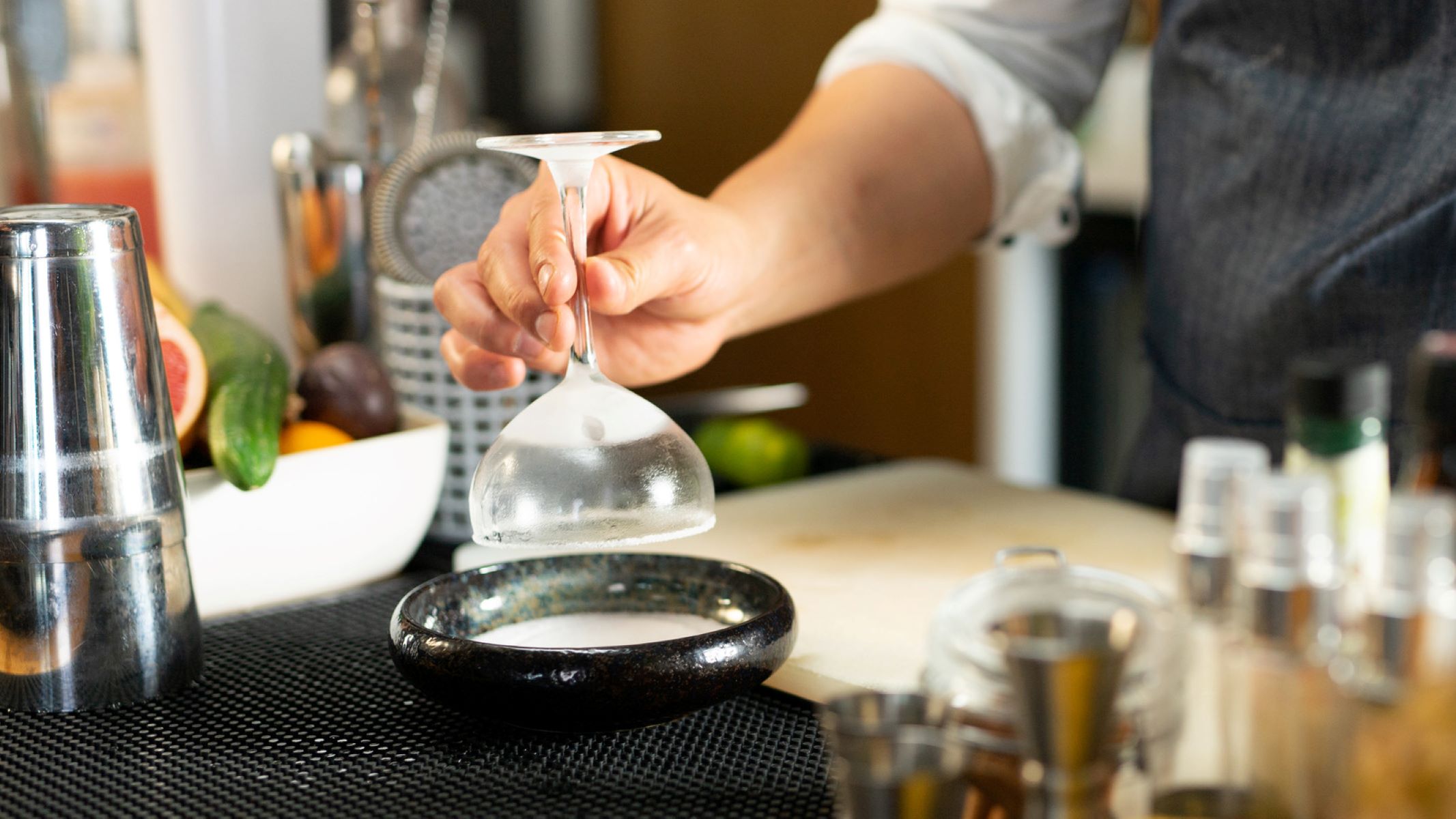
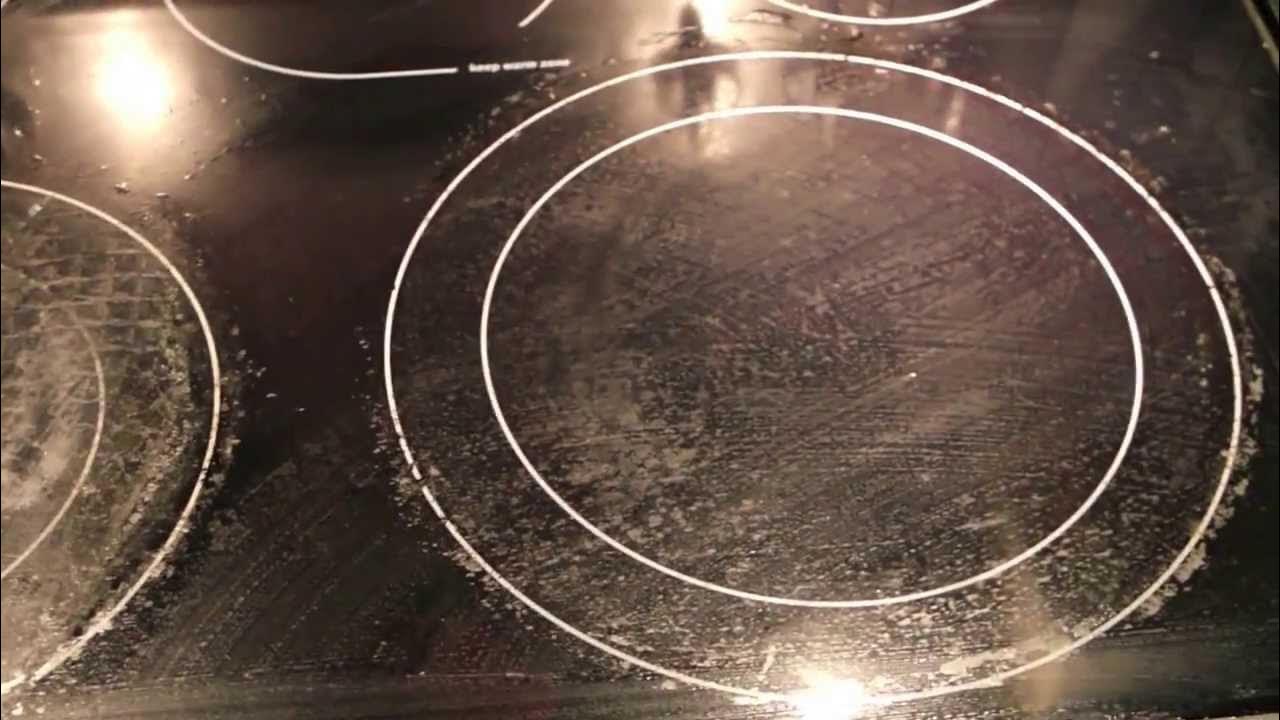

0 thoughts on “What Kind Of Pots For Glass Cooktop”